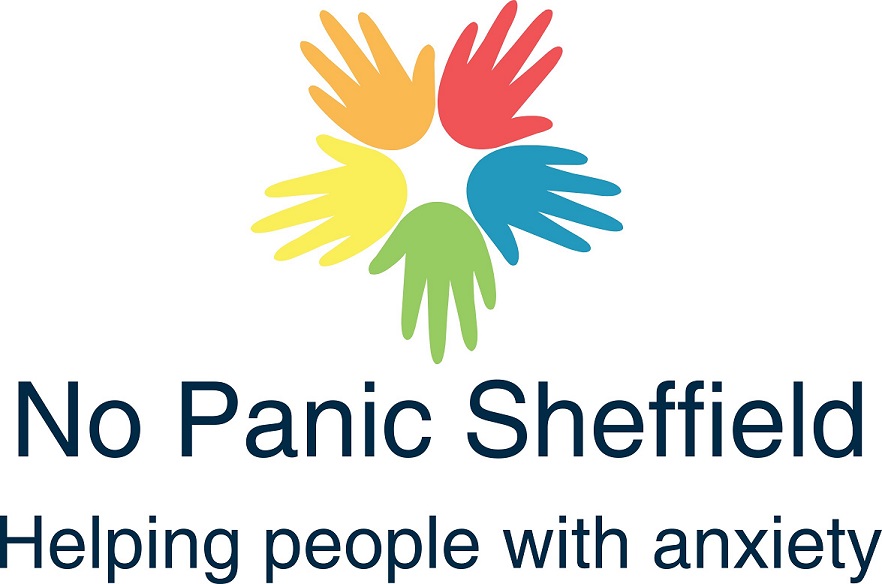Neurodiversity which means ‘neurological diversity’ reflects the differences between people at a whole population level. Neurodivergence is for individuals where this diverges from the norm. Some people use the terms interchangeably. ‘Neurospicy’ is a term that some prefer, especially Gen Z/post-millenials.
Many people who come to our groups are diagnosed with such conditions. Others have had lifelong problems and suspect they may be, or are on lengthy waiting lists. Our groups are suitable for people to attend.
Autism
1% of the population and around 700,000 individuals are regarded as Autistic. This is sometimes written as ASD or ASC – Autistic Spectrum Disorder/Condition. There are several Autistic groups/charities in Sheffield. Not everyone is Autistic has mental health difficulties, but it’s suggested that around 50% of Autistic people may have anxiety. OCD, Eating disorders and can also occur. Autism is characterised as ‘persisting deficits of social communication and interaction; restricted and repetitive behaviours, interests, activities’ (DSM-V). Others view Autism as being about processing and sensory issues. One theory of Autism is called Monotropism and is about focusing attention. Autism is also regarded as a spectrum condition, where there are large variations within autism.
ADHD
3-4% of the adult population and around 2-2.6 million individuals are considered to have ADHD, although only a small fraction, in the hundreds of thousands are diagnosed. There is currently one ADHD specific support group in Sheffield. Official adult ADHD diagnosis waiting lists in Sheffield were officially 5 years in 2023. ADHD is split into inattentive and hyperactive symptoms because of diagnostic criteria. Many regard ADHD as being about executive function and about the problems of emotional regulation, time blindness and Rejection Sensitive Dysphoria (RSD). Several of our volunteers have ADHD.
Dyslexia
This effects 6-10% of the UK population. It is also relatively common in those with ADHD. It is a ‘common learning difficulty that mainly causes problems with reading, writing and spelling’ (NHS)
Dyspraxia
Developmental Coordination Disorder (DCD) or Dyspraxia effects 3-5% of the population. It is a condition that effects movement and motor skills.
Dyscalculia
The ‘sister’ of Dyslexia, is about difficulties reading and processing numbers. It’s estimated 6% of the population have this, with overlaps with the above conditions.
Some regard bipolar, schizophrenia, OCD and PTSD as part of neurodivergence.
Resources for help
Assessments:
For adults with suspected Autism of ADHD, the local NHS services is called SAANS. It appears that SAANS have removed official waiting times from their website, which we do not regard as the right thing to do. It’s well known in Sheffield that in late 2023 an Adult Autism assessment wait time was about 14 months and an ADHD was listed by SAANS as 5 years. A referral from a GP (or other appropriate health professional is required).
Right to choose
This is an NHS route where you have a Right to Choose in England (with some exceptions) to choose where you are sent at the point of referral. This applies for ADHD and Autism assessments. You can also be referred to another NHS trust. As Autism waiting times are generally lower than ADHD assessments, it is often for ADHD assessments people use this. A referral from a GP (or other appropriate health professional is required). The benefit is that sometimes you can have a much shorter wait than through the local NHS trust and it doesn’t cost lots of money.
https://adhduk.co.uk/right-to-choose/
Access to work
Is a government run scheme that many neurodivergent people find useful to get help.
https://www.gov.uk/access-to-work
It is run by the department of Work and Pensions. There are a lot of misconceptions about it. If you have a ‘disability’ where this means in terms of the Equality Act Definition, which would include many mental health and neurodevelopmental conditions, you can apply. One misconception is you have to be employed – you can also be a worker, self employed or looking for work with a plan. Another misconception is there is an earnings minimum threshold. This currently isn’t the case. You can potentially get a wide range of help at work, this also includes workplace coaching for ADHD and Autism, which many find invaluable.
